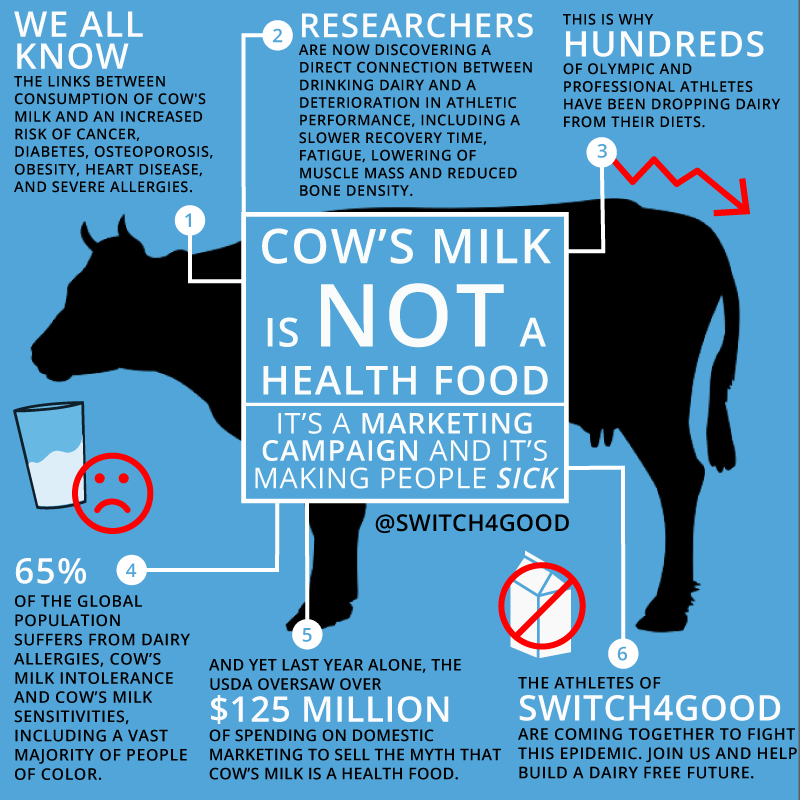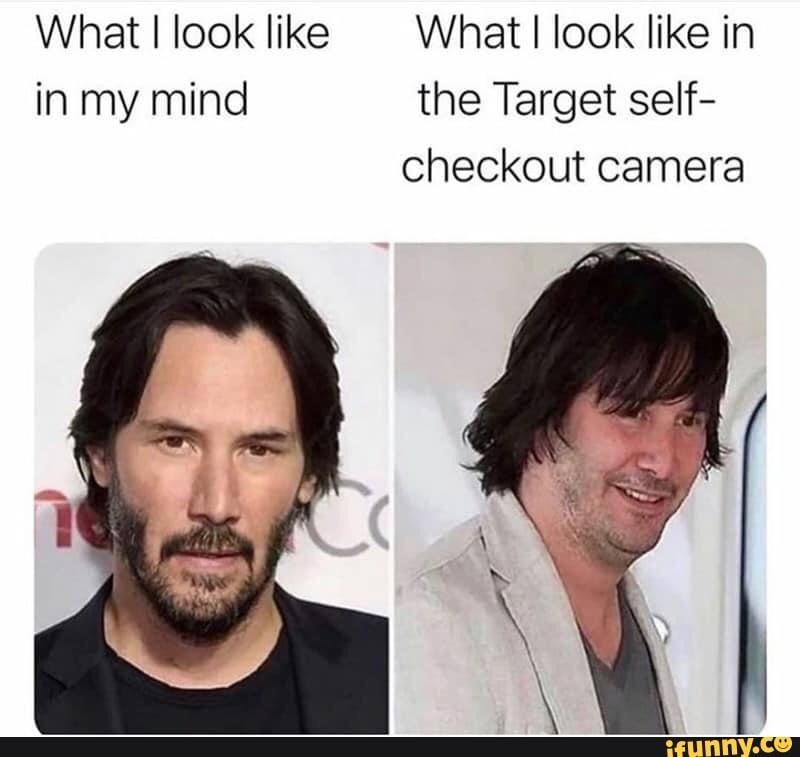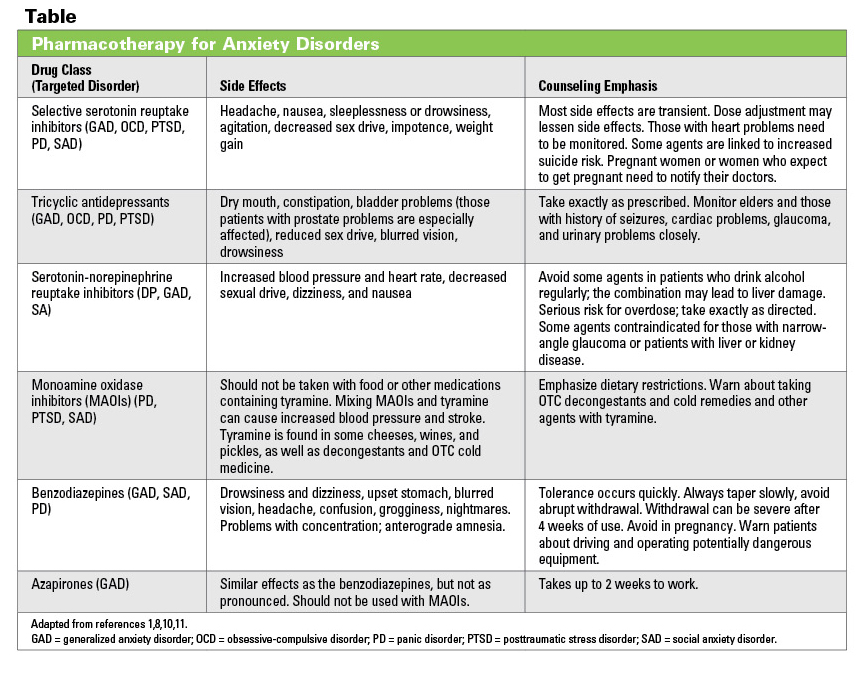Withholding affection in a marriage
Are You Dealing With Emotional Withdrawal?
Posted on by Lori Jean Glass
This post was updated on Apr 2, 2023
Mark and Sharon used to seem like an ideal couple. They were madly in love and it seemed they would never have trouble communicating their feelings for one another. But then it happened: they hit a rough patch and it now seems that it will take nothing short of a miracle for them to get back on track and for things to go back to normal.
She feels he is distancing himself from her and becoming emotionally withdrawn, which is making her confused and causing her a great deal of emotional pain. All in all, it feels like they’re stuck at the point of no return, with a separation being the only viable option. Sharon recommended attending a couple relationship management workshop but Mark refused. She feels neglected and fears abandonment is what happens next.
What went wrong and who or what is to blame for the emotional intimacy issues? And is it possible for a couple in this situation to overcome emotional withdrawal and withholding?
What Is Emotional Withdrawal?
Being emotionally withdrawn basically means keeping your emotions bottled up. This can naturally take a toll on any relationship, especially a romantic one. Emotional withdrawal is typical of the avoidant attachment style.
Your childhood experiences can affect your adult relationships. Being raised by emotionally distant or neglectful parents or caregivers can lead you to develop survival patterns you rely on to navigate emotional pain in adulthood. And when both you and your partner start to fall back on your own survival patterns, this can put a great deal of stress on the relationship.
What Is Emotional Withholding In Relationships?
Emotional withholding is a situation when a person uses their love and affection, praise or even their presence against their partner. It could be their way of staying in charge, avoiding humiliation or even hurting their partner, deliberately or not. It is important to understand that emotional withholding represents a type of emotional abuse that must be dealt with.
It could be their way of staying in charge, avoiding humiliation or even hurting their partner, deliberately or not. It is important to understand that emotional withholding represents a type of emotional abuse that must be dealt with.
How To Deal With Emotional Withholding
Emotional withholding is a form of passive-aggressive behavior which qualifies as emotional abuse. Partners often resort to withholding affection as a form of punishing the other person even if they might not realize it. Giving someone the silent treatment or the cold shoulder, if you will, can cause a communication breakdown and irreparable damage to the relationship unless both partners are willing to work on resolving the underlying issues. As hackneyed as it may sound: communication is key.
How To Deal With The Silent Treatment
Most of us have been there: you desperately want to have a heart-to-heart with your partner but they just give you the silent treatment. You’re banging your head against the wall trying to understand whether you did anything wrong. You are also willing to do everything in your power to resolve the issue but you feel you’re the only one who wants to work towards a resolution.
You are also willing to do everything in your power to resolve the issue but you feel you’re the only one who wants to work towards a resolution.
This can only be dealt with if both partners are willing to communicate. And that’s the thing: neither partner is supposed to be a mind reader. It is impossible for one partner to figure out what’s wrong unless they can establish communication.
How Do You Fix A Broken Relationship?
One way to facilitate this is to constantly seek alternative ways of working on their relationship. Partners can learn about themselves, about each other and ultimately build trust in a relationship intensive workshop, such as the ones we have at The Glass House.
Aside from attending our 5-day workshop, you can also work with a PIVOT advocate separately or as a couple to help you heal. All of our programs are designed to accommodate the specific needs of every individual and guide them toward building intimacy in a relationship and developing healthy relationship patterns and coping skills.
How To Break Pursuer-Distancer Cycle
Back to Mark and Sharon and what they’re going through. Try this on for size.
Sharon: What’s wrong?
Mark: Nothing.
Sharon: Then why are you being like this?
Mark: Like what?
Sharon: You’re ignoring me all the time.
Mark: I’m not.
Sharon: You are and you know it. You’re doing it right now.
Mark: I have no idea what you’re talking about.
Sharon: Oh, I bet you don’t!
Mark: You’re overreacting.
Sharon: I’m so not!
Mark: I really can’t get into this right now.
Are you the pursuer or the distancer? In other words, are you Sharon or Mark? And how do you break the vicious circle?
When two people in a romantic relationship are having a hard time seeing eye to eye, they tend to misinterpret everything that the other person means to say, which could then push them further apart.
The pursuer is seen as needy and nagging, an impression made all the worse because of their growing frustration and uncontrollable tendency to criticize. They can’t help it because they are unable to shift perspectives. The distancer is seen as emotionally unavailable, cold and distanced, whereas, in reality, they are vulnerable and feel they are being treated in a way that is unfair.
They can’t help it because they are unable to shift perspectives. The distancer is seen as emotionally unavailable, cold and distanced, whereas, in reality, they are vulnerable and feel they are being treated in a way that is unfair.
How Do You Overcome Emotional Distance In A Relationship?
The pursuer-distancer cycle that is left unresolved turns into a pattern that the person is likely to repeat in every new relationship. But how do you bridge emotional distance? Here are some ideas you can use to resolve the situation:
- Learn to recognize recurring patterns that lead to conflict.
- Set up and stick to a conflict resolution plan.
- Stick to a single topic until it is resolved.
- Focus on togetherness and the ‘We’: We need to work this out.
- Get to know your own communication style and learn to tweak it.
- Learn to manage your emotions and not let negative emotions wash over you.
- Create an atmosphere of safety, trust and understanding.

- Find optimal ways to communicate: write each other letters if you have to.
Our Emotional Intimacy Coaching Can Help You Get Back On Track
Are you giving your partner the silent treatment? Or are you on the receiving end? Do you feel that you are responsible to smooth things over whenever someone is upset with you or is it your partner who is a people pleaser? So what can you do?
Taking simple steps like joining a relationship building skills workshop could ultimately be good for your own emotional development and for your relationship. It could help you learn how to shift perspectives and truly understand where the other person – in this case, your partner – is coming from. Call today and let us know what’s troubling you!
The Most Toxic Form of Emotional Abuse: Withholding The Mend Project
Blog
Is there someone in your life who treats you as if you aren’t a valuable person, who often ignores what you say and doesn’t engage with you in what seems like a normal manner? Or maybe someone close to you has given you the silent treatment or held back any emotional reaction or connection?
Keep reading; oftentimes, learning the words and labels that define our emotional abuse experiences is the empowerment we need to move forward and make a change.
If you have ever felt these things, you might be experiencing withholding, which is the most toxic emotional abuse tactic of all.
Traditionally, many think of withholding as denying sex or affection. This is one form of it, and a spouse or partner who refuses to show affection without offering an explanation is certainly withholding a valuable and needed aspect of a healthy union. (However, refraining from sex or affection because you do not feel comfortable with the act or do not trust the other person is actually a healthy form of boundary-setting, and it should not be confused with withholding, which is never done for a healthy reason).
But even more common and perhaps more damaging than refusing to engage in affection is when an individual tries to control or domineer over another person by refusing to authentically communicate.
There are myriad ways in which withholding can manifest. A few examples are:
- A co-worker who is collaborating with you on a project and refuses to share pertinent information from the client so that you appear incompetent to your boss.

- A spouse who doesn’t allow you to talk on the phone with your family or denies access to basic needs like driving privileges.
- A spouse who doesn’t acknowledge your words in a conversation. Maybe it’s at the dinner table with others present or in a group.
- A “friend” who minimizes your successes and gets angry and bullies if you do not tend to their every need and whim.
Similar to gaslighting, withholding makes the victim feel as if they are isolated, ignored or do not have control over their own lives. One of the reasons it’s so damaging is because the victim cannot do anything to stop it; their only hope for relief is to leave the situation or rid themselves of the abuser.
You cannot force authenticity out of someone; that’s a personal choice. To a victim who feels trapped in a circumstance or relationship with someone who withholds, every instance of abuse sends the message, “You don’t deserve to be treated well.”
This is false. You don’t deserve days of silent treatment. You don’t deserve to be yelled at for exercising freedom. You don’t deserve to have your schedule and privileges regimented like a parent does for a child.
You don’t deserve days of silent treatment. You don’t deserve to be yelled at for exercising freedom. You don’t deserve to have your schedule and privileges regimented like a parent does for a child.
If any of these behaviors sound familiar to you, we encourage you to remove yourself from the person or relationship inflicting withholding sooner rather than later. It’s not important if other people say you’re overreacting, because they don’t understand what you’re enduring unless they’ve been in your position. It’s not important if your abuser says that you aren’t allowed to leave or don’t deserve happiness, because you do deserve it and can have it.
What’s important is that you seek healing from emotional abuse. Talk to a counselor or trusted friend if you aren’t sure where to start. If you are still not sure if you should stay or go, remember that sometimes separation can help you gain clarity.
Also, if you are a friend, counselor or trusted advisor who knows someone experiencing withholding, know that you need to be careful how you respond to the victim.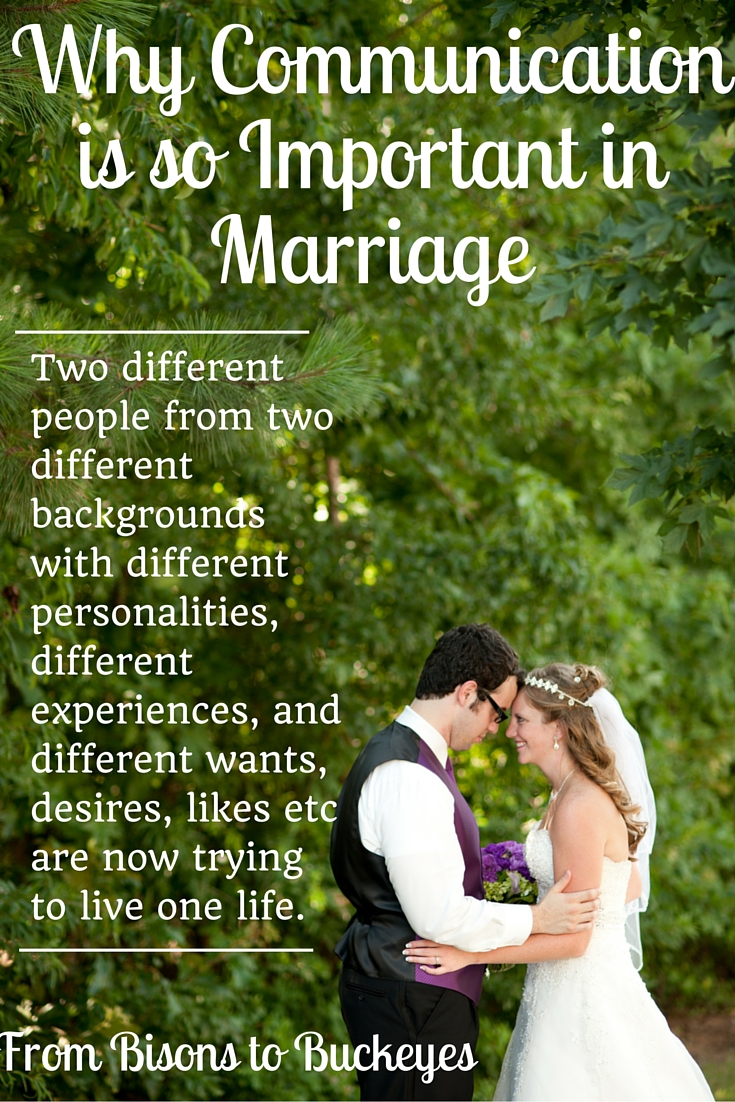 Make sure you are giving them a safe space to share and offer support. If you need help knowing what to say or do, we can help. We are rooting for you.
Make sure you are giving them a safe space to share and offer support. If you need help knowing what to say or do, we can help. We are rooting for you.
Author: The M3ND Project
Is it possible to refuse love?
There is no obvious gender inequality in the modern world: women can both stay at home and work. Moreover, men now perceive some women as equals. This is useful for their career growth, but how does it affect their personal lives?
Can a woman who has found herself in work refuse to love ? Actually, she can do it, the question is how it will be reflected in her condition. Every person needs love, recognition and home comfort. Without a doubt, a career is important. But when you do not want to return home from work in the evening, then you should think about it. Are you happy? Or is there something missing in your life? Ask yourself this question and try to understand what you really need. There is a good exercise.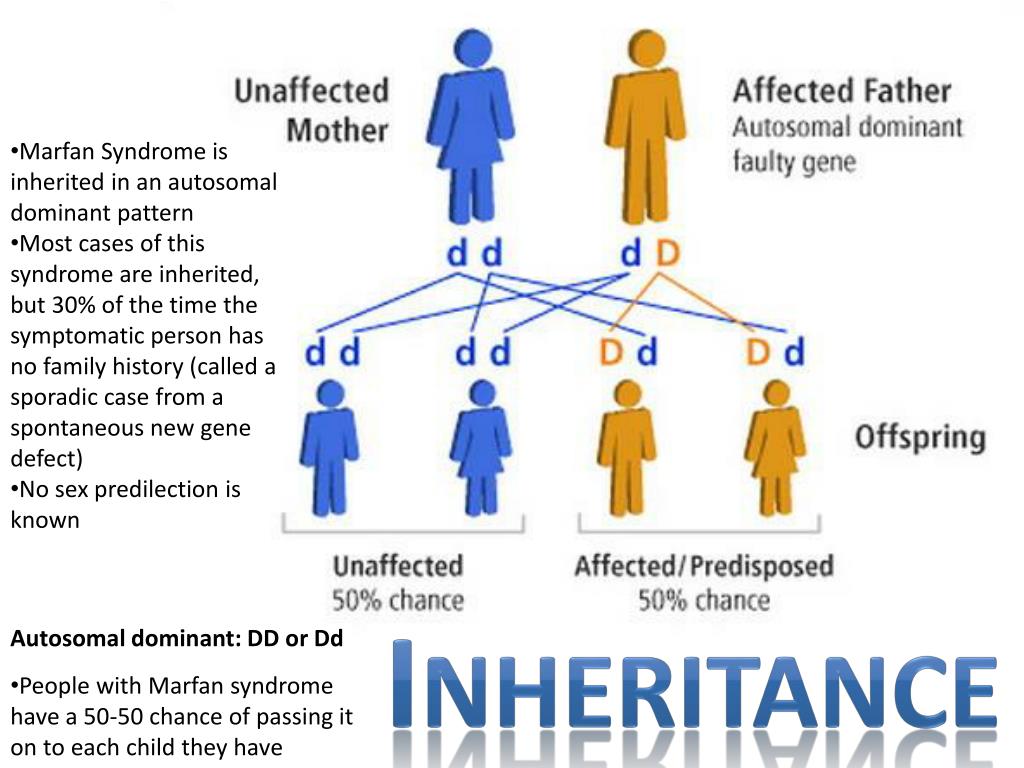 Imagine that your whole life, exactly the same as you have already lived, will be repeated over and over again. And you will not be able to change anything, you will just live what you have already lived. Would you like to spend eternity like this?
Imagine that your whole life, exactly the same as you have already lived, will be repeated over and over again. And you will not be able to change anything, you will just live what you have already lived. Would you like to spend eternity like this?
I want to give up love, but will I be happy?
It is really difficult to combine work and private life. In the office, no one needs a loving wife and a caring mother, and at home no one is waiting for a woman with the character of a director. Moreover, can a woman who is not loved by her parents believe that she deserves to be loved at all? Sometimes women say that want to give up love . But will they be happy ? The question of happiness is not the easiest. It is absolutely individual. For some, happiness is a big friendly family and many children, but for some, this picture is the worst nightmare. It cannot be said that, having abandoned love, a woman will certainly be happy, because by forbidding herself something, committing violence against herself, it is impossible to find happiness.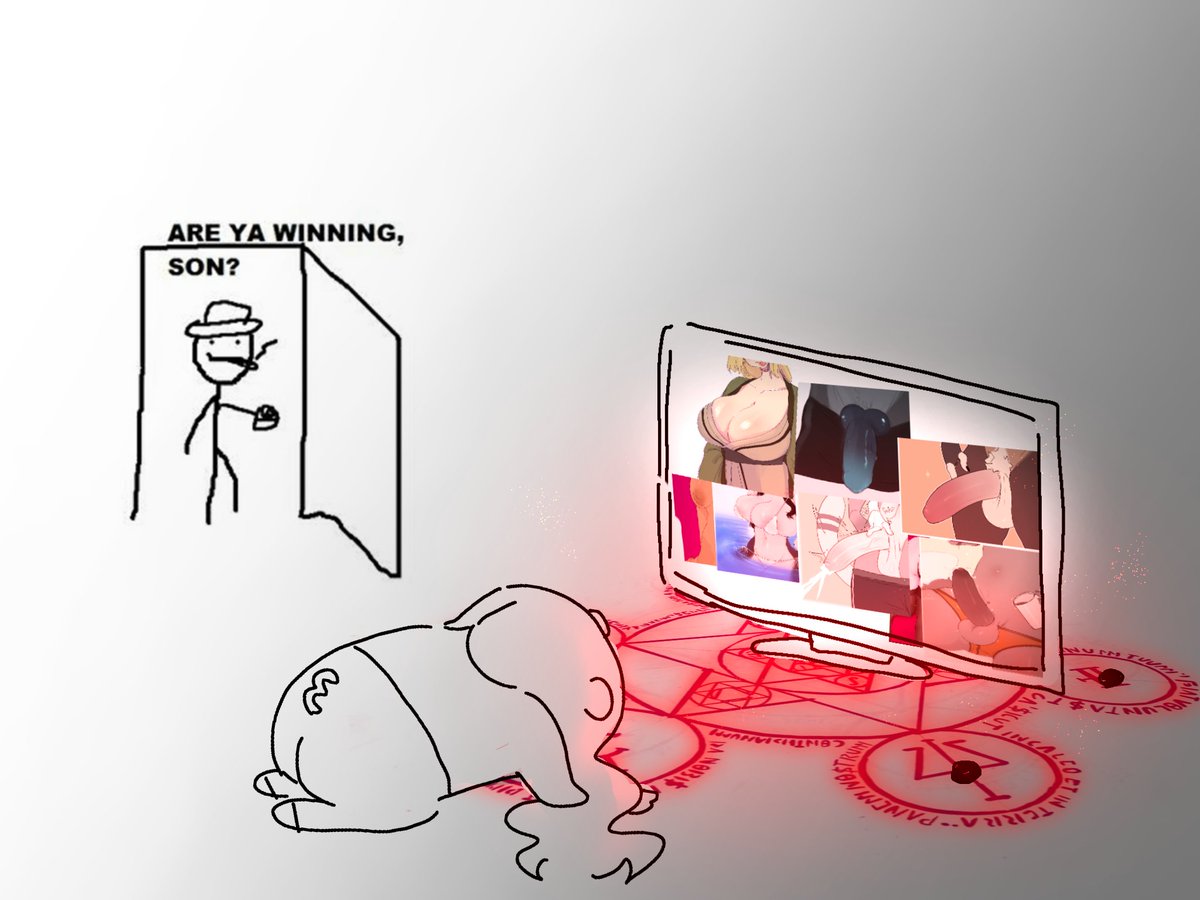 It is entirely possible to accept that giving up love and intimacy with the opposite sex is a healthy temporary solution. Maybe now a woman has a period when she is focused on her career, and she is not interested in anything other than promotion. Most likely, in such conditions, the family will only be a hindrance. But sooner or later, the period of crazy hauls will end. A woman will become successful, fulfilled and ... lonely. Is this really the price you are willing to pay? Let's figure it out.
It is entirely possible to accept that giving up love and intimacy with the opposite sex is a healthy temporary solution. Maybe now a woman has a period when she is focused on her career, and she is not interested in anything other than promotion. Most likely, in such conditions, the family will only be a hindrance. But sooner or later, the period of crazy hauls will end. A woman will become successful, fulfilled and ... lonely. Is this really the price you are willing to pay? Let's figure it out.
1. Women are made for love
There is a stereotype that women are made for love. But men, no less than women, value close relationships and romantic experiences. Perhaps they show it differently, but one should not think that a woman is a gentle poetic nature who needs romance, and a man is a hard worker who is not interested in anything but football and beer. There are different women and different men. And for everyone, relationships with other people are equally important. Most of us like to spend time with friends or acquaintances, receive emotions from them and give our own in return. If you really like a person, you can try to build a closer and more trusting relationship with him. Far from always, these relationships last a lifetime until old age. In most cases, couples break up because they no longer feel the former love and passion. Perhaps you are going through just such a period now, you are going through a difficult breakup, and you are so disappointed in men that you don’t even want to think about them, but ... It will pass. No matter how banal this phrase is, it is true. Try to remember how your relationship began, and how good it was for you then. Yes, then someone made a mistake. So try to understand it, and do not repeat it in the following relationship. Don't judge everyone by your previous partner. Let him leave. Appreciate yourself and do not close your heart to new experiences.
Most of us like to spend time with friends or acquaintances, receive emotions from them and give our own in return. If you really like a person, you can try to build a closer and more trusting relationship with him. Far from always, these relationships last a lifetime until old age. In most cases, couples break up because they no longer feel the former love and passion. Perhaps you are going through just such a period now, you are going through a difficult breakup, and you are so disappointed in men that you don’t even want to think about them, but ... It will pass. No matter how banal this phrase is, it is true. Try to remember how your relationship began, and how good it was for you then. Yes, then someone made a mistake. So try to understand it, and do not repeat it in the following relationship. Don't judge everyone by your previous partner. Let him leave. Appreciate yourself and do not close your heart to new experiences.
2. You can't know what will happen to you tomorrow
Many of us are fatalistic.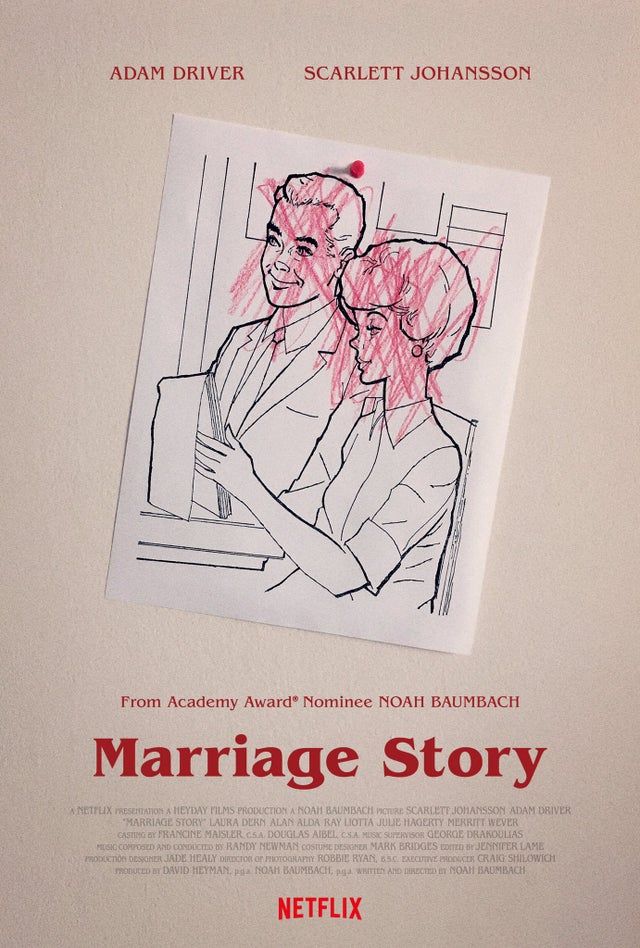 When we confidently declare that we will never love someone again. Your previous partner hurt you, and there is no more strength left in the wounded body for love. A very common misconception. In just a few weeks, at least months, you will be embarrassed for these words. Or you simply forget them. People know how to deal with difficulties. Our brains are designed to get us out of any trouble. Unhappy love is not the worst thing that happens in life. Therefore, over time, you can easily forget about what tormented you and go towards a new happy relationship.
When we confidently declare that we will never love someone again. Your previous partner hurt you, and there is no more strength left in the wounded body for love. A very common misconception. In just a few weeks, at least months, you will be embarrassed for these words. Or you simply forget them. People know how to deal with difficulties. Our brains are designed to get us out of any trouble. Unhappy love is not the worst thing that happens in life. Therefore, over time, you can easily forget about what tormented you and go towards a new happy relationship.
3. A good attitude towards oneself is a guarantee of good relations with others
If a person does not love himself, then he definitely needs to dissolve in someone else. Many people don't end bad relationships just out of fear of being alone. Starting a relationship with another person just to compensate for your personal psychological problems is at least unreasonable. Most often, such relationships do not end well. They develop into co-dependent, when both partners are inextricably linked, arrange an emotional swing and cannot step on their own. Once you learn to love yourself and feel comfortable with yourself, your relationship will become stronger. Here you will see.
They develop into co-dependent, when both partners are inextricably linked, arrange an emotional swing and cannot step on their own. Once you learn to love yourself and feel comfortable with yourself, your relationship will become stronger. Here you will see.
4. We really learn from our mistakes
Have you noticed that relationships often break down for the same reasons? Of course, the first thing you want to do is give up love once and for all! But didn't you think that you just need to change something? In your attitude, in your presentation? Then the relationship will be different. It is very important to focus not on your desire to receive love, but on your desire to live. Someone who wants to be loved will not make a good partner. Such a person is selfish and wants only to receive without giving. And if you come into a relationship with the desire to love and give your love, you will indeed find happiness. When you give, you get ten times more in return.
5. The past can be let go. The main thing is to want this
Inside you can accumulate many different resentments and anger towards previous partners. Only by forgiving and letting go of it all will you be ready to build new, healthy relationships. Don't do it to spite someone or to make someone jealous. Do it for yourself. Bringing your problems from a previous relationship into a new one is, at the very least, ugly. In addition, this way you will constantly concentrate on what was before, keeping a happy future away from you. Only an empty vessel can be filled.
6. Stop being afraid! You are capable of this
Each of us has been offended, hurt, betrayed... Of course, our body wants to protect us, and for this it creates a certain "armor". But this is simply pointless, because when communicating with a new person, no one can give us a guarantee that we will not be offended. This is a risk. But don't you think that it is quite justified?..
This is a risk. But don't you think that it is quite justified?..
7. Go beyond prejudices!
Many people do not build relationships because of various excuses. Someone says that he is too old, someone - that he is too poor, ugly, etc. But the truth is that love can be found at any time, at any age, in any financial condition. Stop limiting yourself, be open to love!
8. Look at the problem from a different angle
After a breakup, people often become discouraged and depressed. But is it right? We have a lot of resources and energy within us that can definitely help us get through the loss. It is necessary not to block them, but to help them manifest. Then you will have the strength and desire to live on and continue the search for your true love.
9. You have support in the form of friends and relatives
Often people, having experienced a love drama, try to cope with it on their own. Why? Someone doesn’t want to dump their problems on their loved ones, someone just doesn’t want to talk about their emotions ... But, in fact, close people are always ready to support you, you can get a little of the love that you lack in communicating with them. You may not even speak, but simply ask for support in the form of spending time together. It is doubtful that one of your friends will refuse you such a service.
Why? Someone doesn’t want to dump their problems on their loved ones, someone just doesn’t want to talk about their emotions ... But, in fact, close people are always ready to support you, you can get a little of the love that you lack in communicating with them. You may not even speak, but simply ask for support in the form of spending time together. It is doubtful that one of your friends will refuse you such a service.
10. Your heart needs to be healed
Unfortunately, or fortunately, there is simply no single method for surviving a failed relationship. Everyone experiences it individually. The most important thing is not to lose faith in yourself, in your ability to love, and in the fact that someone can love you. If you still have not met your soul mate, then try to believe in your meeting with all your might. Thus, you will attract a person who, perhaps, has been looking for you for a long time.
Is it worth giving up on love?
Is it worth giving up on love? It is only your choice that no one can make for you. Therefore, you can only blame yourself for the consequences. How will the life of 90,003 women who have given up love 90,004 change? The fact is that for a good and satisfied life, basically, people simply need two components - family, home comfort and work, the possibility of self-realization. If you have only one thing, then from time to time you will feel that you are still missing something. In fact, every woman has a resource in order to get all the components of a happy life. The only question is, does she want it? Sometimes she may be hindered by past fears and unwillingness to give up her usual way of life ... But it is worth remembering that we have one life, and it will be sad to lose our happiness because of some fears.
Therefore, you can only blame yourself for the consequences. How will the life of 90,003 women who have given up love 90,004 change? The fact is that for a good and satisfied life, basically, people simply need two components - family, home comfort and work, the possibility of self-realization. If you have only one thing, then from time to time you will feel that you are still missing something. In fact, every woman has a resource in order to get all the components of a happy life. The only question is, does she want it? Sometimes she may be hindered by past fears and unwillingness to give up her usual way of life ... But it is worth remembering that we have one life, and it will be sad to lose our happiness because of some fears.
We constantly detect plagiarism in our materials without a clickable follow link to them. In this case, without warning, we turn to DMCA Google , which leads to the pessimization of the plagiarist. On the contrary, we welcome the promotion of our materials, but with a mandatory active follow link to this page psyhosoma.com/mozhno-li-otkazatsya-ot-lyubvi/ .
Rejection of love is the way to death
Let's continue the logic of the author and the resource. There is no norm, and there is no person. Because it is precisely the presence of a norm, voluntary obligations - that is, going beyond the limits of complete natural and social conditioning - that makes a person such.
A friend sent me a link to an article asking me to comment. On the one hand, the article turned out to be completely devoid of constructive specifics, on the other hand, it had a clear focus on destruction in the sphere of interpersonal relations. Its name alone says if not everything, then almost everything.
"Let's rewrite normality." I decided to comment publicly.
In the introduction to the text, the resource that translated and posted it states:
« Article is provocative, but useful . Especially if you're tired of suffering in a relationship."
Especially if you're tired of suffering in a relationship."
No. He doesn't make excuses. The resource shocks the reader. Apparently, according to the resource, as at the beginning of the last century, society is no longer able to respond to a calm and thoughtful conversation. It hears only screams and whistles.
A useful provocation... Sometimes you need to provoke a person to some useful action. Useful to him, first of all. Because otherwise it will already be pure manipulation. But then it is necessary to swap the epithets: useful, albeit provocative. And even in this case, there is room for discussion of the admissibility of provocation, its closeness to manipulation. After all, the question remains that someone decides for a person what is useful to him.
The second sentence, as it were, says what exactly is usefulness. In fact, according to the resource, that whoever reads the article will find a way out of a situation where he suffers in a relationship.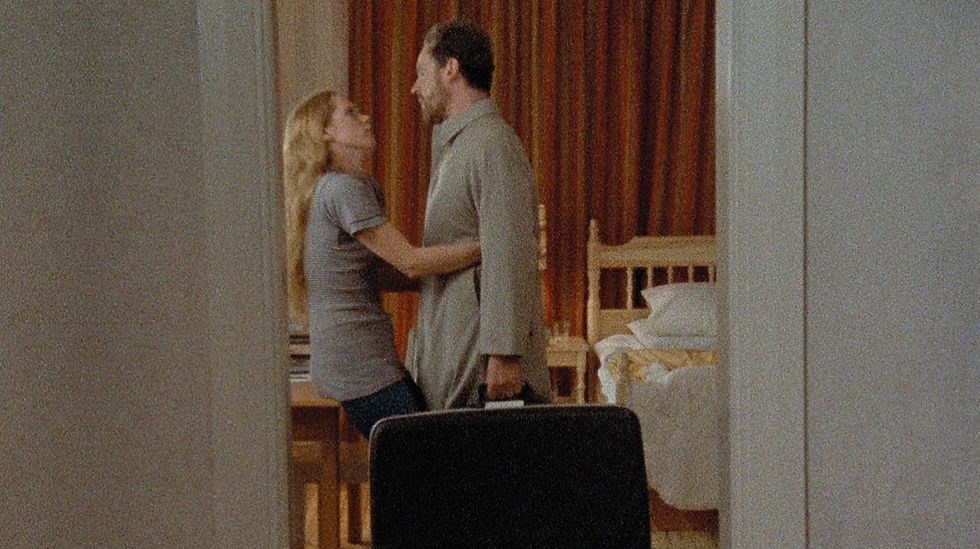 That is, the ultimate goal is to improve relations and strengthen ties. It is so?
That is, the ultimate goal is to improve relations and strengthen ties. It is so?
No! Here's what the author of the article writes:
“ is one of the largest deceit, The victim of which we can become, -the idea that we need someone 1 still in life, to be whole.”
...
I have been living with my man for 15 years ... each of us remains alone ... We do not need each other. We enjoy each other. That's a big difference ."
That's it! Under the guise of help in relationships, it is recommended to turn them into pure consumption and individualism. Outspoken postmodernism. To some extent, all traditional ideas about relationships are under attack.
For example, love.
« We are constantly in search of the crazy, wild, passionate love of our lives, to stay with her at any cost until death do us part. Perhaps, and this is just a guess, we should be looking for something is the exact opposite of .”
Perhaps, and this is just a guess, we should be looking for something is the exact opposite of .”
The opposite of what? What? Want to be together for the rest of your life? Wish that the basis for such a life together was love? Moreover, not just the opposite, but is completely . That is antagonistic. Relationships are individualistic. For love? No, not hate. Hatred is still a form of coexistence of people together. And in an extremely divided society, what is the antagonist of love? Death! The author confirms this below:
" I do not believe that we were all destined to have children and start a family, as culture imposes on us ".
Culture, which, following religion, seeks to remove the main ontological and existential challenge - the challenge of death - gives, like religion, the answer: love will save the world and man . Man is immortal in his children. The rejection of the focus of family relations on children and the proposal of ultimate individualism - this is surrender before death. Here is what is offered to us as a useful, albeit provocative, read.
Here is what is offered to us as a useful, albeit provocative, read.
The question arises - whose opinion is offered to us as a way out of the situation of deadlock relations:
" Look, I'm not really an expert, and I certainly haven't mastered everything is talking about yet."
That's it! So much has been said and with such pomp, but in the end everything can be called the fantasies of one woman who has not fully realized herself in family relationships. So with what joy is her opinion given to us a breakthrough? Apparently, the resource is consonant with the declaration given in the text :
« Let's hack parenthood, friendship, love, partnership, connections, unions of kindred souls, LIFE and marriage as we are used to seeing them, and create something that will work, that suits our hearts and souls, without fear or fear of breaking the norm.
Because if no one has told you this before, the concept of normality is greatly overrated .
Learn more



